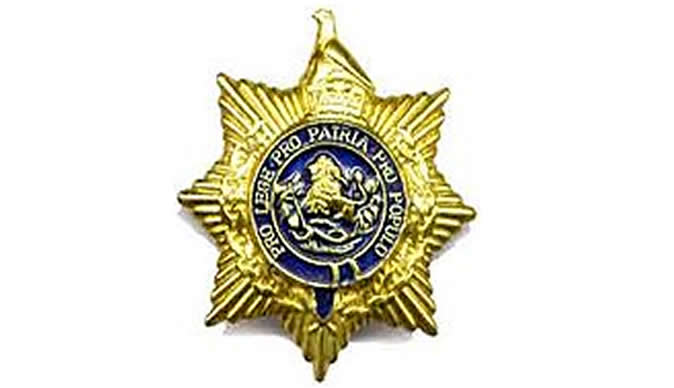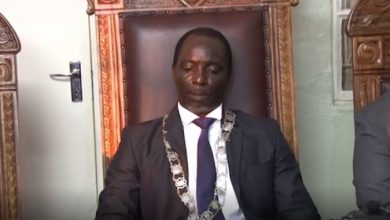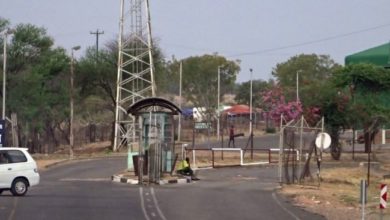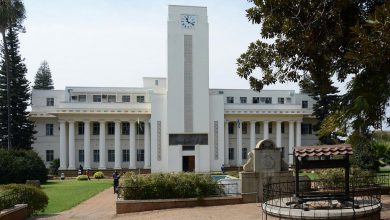NPRC: Report cases of abuse to police

The National Peace and Reconciliation Commission (NPRC) has urged victims of the ongoing army crackdown in Bulawayo and surrounding areas to report the abuses to the police.
The crackdown which after the violent protests that began on January 14, has seen an estimated 1000 residents subjected to torture and assault, with some hospitalised.
Addressing a local meeting on peace training and consultation in Bulawayo recently, NPRC Commissioner Leslie Ncube urged victims of the military crackdown to report their cases to the police even if they have no confidence in the police system.
He said that would assist the constitutional bodies to thoroughly take up the cases and allow victims to seek redress afterwards.
“Our biggest challenge is Zimbabweans don’t report their abuse cases and that makes our work challenging when we try to follow up or present evidence since we have to confront the accused authorities. The police are the ones with investigating powers,” he said.
The commissioner noted that reporting to police was necessary as that reportage would be used for future references.
“We may be alive now and dismiss these cases, thinking the situation is over but it may recur, not to you but to your child who can be a victim next time then that is when that reporting becomes important. We must not look at cases in isolation or in a once minded view. As the NPRC we encourage you to have a holistic approach at the same time in terms of our response mechanism, we respond within the framework and parameters of the law in Zimbabwe,” he explained.
Commissioner Ncube said the NPRC as a constitutional body recognized that there other institutions that are mandated to enforce the law and had to be respected.
“The police are part of the law enforcing system therefore in as much as you can come to us at the commission and seek audience you have to understand the role of the police. That is important to know how government runs. We should recognise that the first institution is the police and if you don’t have a docket, we as the NPRC can’t open one for you but can only give you solidarity. We can also refer you to the police because the police is the first institution that is charged with investigating,” he highlighted.
The commissioner did acknowledge that some had lack of confidence in the justice system but said going to the police first and asking for the case reference number was necessary.
“You said you don’t have confidence with the police but the issue of confidence comes in reporting to us. Ask for the case number but if you sit at home and do nothing we can’t help. We know there are some who would take advantage of a situation and say they were beaten in the protests yet would have been involved in a brawl so this is why we say use the police to investigate,” he said.
“From reporting your case, it becomes much easier for us to follow up and for you to even seek legal recourse. Even if coming to the churches, or going to the Zimbabwe Human Rights Commission or us the NPRC – the complaints handling desk would also investigate your matter in reference to the case number and make through follow ups to confront those involved.”






